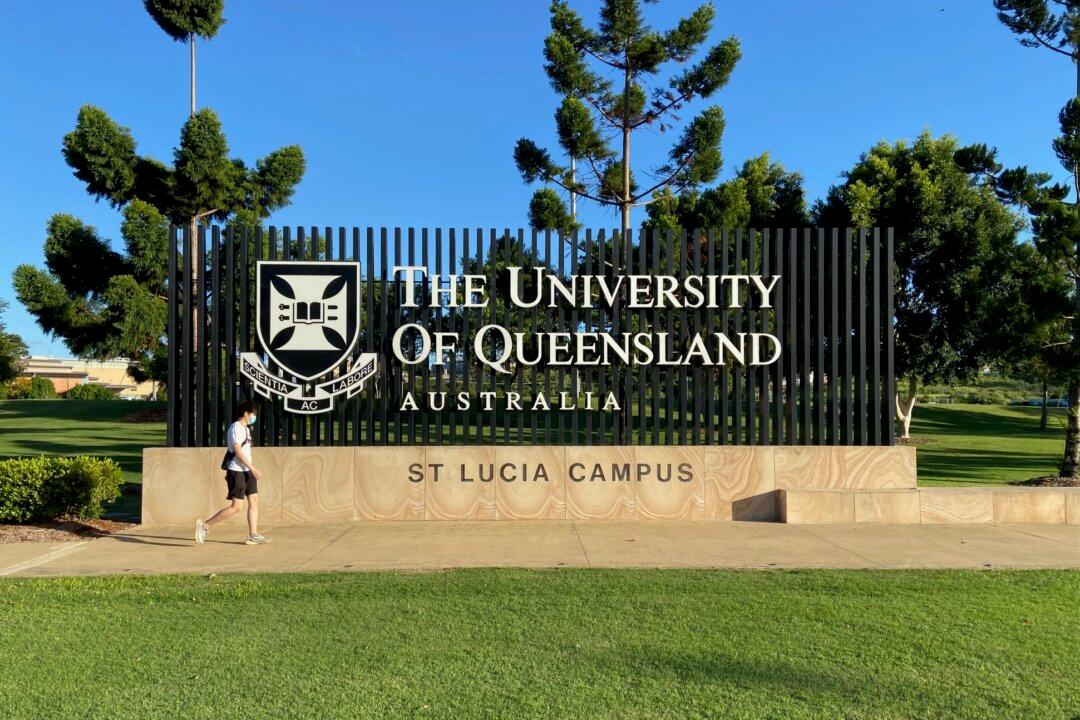Over 325 academics and scientists in Australian universities and research institutes have been identified as alleged recruits of Beijing’s controversial overseas talent-recruitment programs.
The allegations raise questions over potential conflicts of interest, grant fraud, and Australian research funds inadvertently advancing the Chinese Communist Party’s (CCP) military technology.





